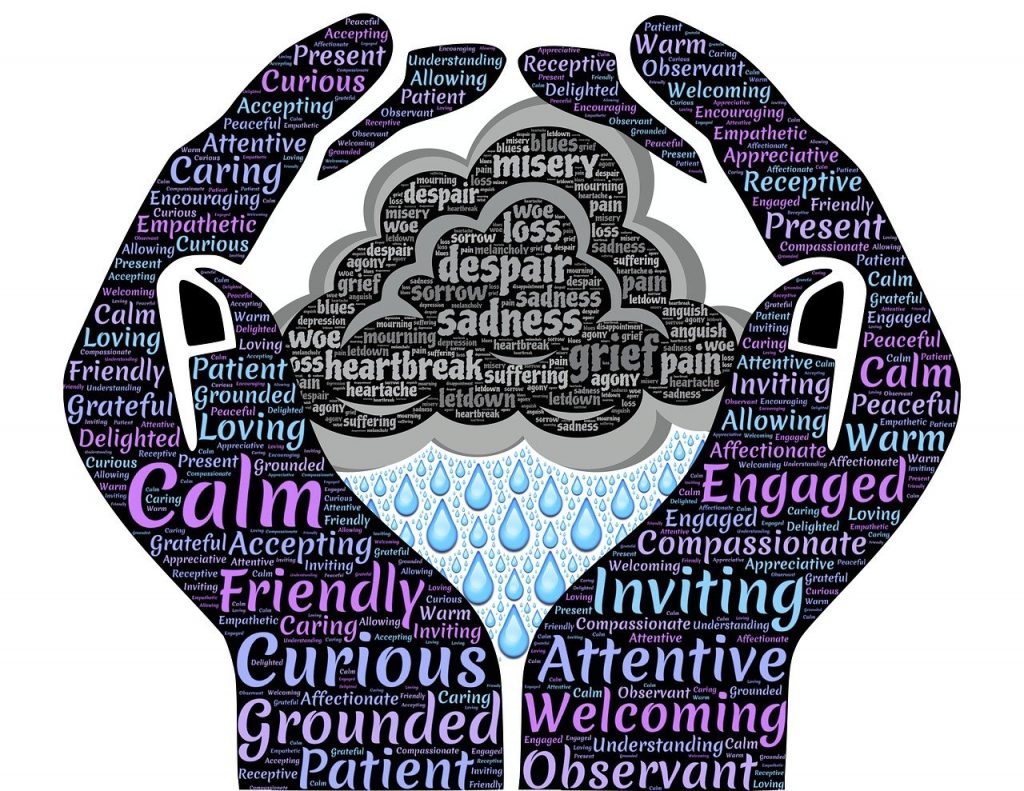Loving and accepting yourself
Our behaviour is the result of habits, relationships, and attitudes learned in the course of our life. It is expressed mechanically through actions that reflect our deep feelings but do not always highlight our desires, dreams, and aspirations. Accepting and loving each other is therefore a life-long process and it is the set of awareness, self-acceptance, respect, and kindness to ourselves. These behaviours will allow us to love others in a more real and sincere way. It is not a simple path, given many circumstances that can test you: errors, goals not achieved, disappointments, problems, which we face and that drastically influence the perception of our value as individuals. This implies, in most cases, an attitude of renunciation of what we would like to do and a scarce stake in the various social occasions that arise.
Not accepting and not loving each others always involve states of anxiety and nervousness in the company of others, without even knowing why. Consequently, it becomes difficult to tune in and establish close and sincere relationships (friendship, love, work, etc.) that tend to always be experienced as a “challenge”. Thus, when you learn to love and accept yourself, with all the flaws, you can start thinking of yourself as an actor in our lives, ceasing to love someone else outside of us who we think is better. Loving and accepting each other are the keys to our security as people.
BE CAREFUL!!!

Accepting and loving each other DOES NOT mean to bask and take pains thinking about one’s own weaknesses, but MUST recognize them, without self-pity and/or criticism. A small set of guidelines can help:
1. Take the time to dedicate yourself and think about yourself;
2. Don’t be afraid to make mistakes, for fear of criticism from others, be aware of your way of being and thinking;
3. Do not be excessively strict and / or punitive with yourself, forgive yourself when you can;
4. Accept your mistakes and evaluate where you can improve effortlessly;
5. Focus on your negative aspects and pay attention to the good qualities that distinguish you;
6. Physically accepted, everyone has his physical characteristics that have nothing to do with the concept of “defect”;
7. When you look at yourself in the mirror, think hard about some of your strengths;
8. Aesthetically accepted, everyone is special because it is unique;
9. Replace your negative thoughts with actions that daily help to correct critical and difficult behaviours;
10. Perfection does not exist, nobody is.
References
Cenci F. (2018). Io mi amo. Come imparare ad amare se stessi ed essere felici. Tecniche Nuove. Hayes, S. C. (2004). Acceptance and Commitment Therapy, relational frame theory and the third wave of behavioral and cognitive therapies. Behavior Therapy, 35, 639-665.
Hayes, S. C., Barnes-Holmen, D., Roche, B. (2001). Relational frame theory: A post-skinnerian account of human language and cognition. New York: Plenum Press
Masedo, A. I., Esteve, M. R. (2007). Effects of suppression, acceptance, and spontaneous coping on pain tolerance, pain intensity and distress. Behaviour Research and Therapy, 45, 199-209.
Masuda, A., Hayes, S. C., sacket, C. F., Twohig, M. P. (2004). Cognitive defusion and self-relevant negative thoughts: examining the impact of a ninety year old technique. Behaviour Research and Therapy, 42, 477-485. Roemer, L., Orsilio, S. M. (2002). Expanding our conceptualization of and treatment for generalized anxiety disorder: Integrating mindfulness/acceptance-based approaches with existing cognitive behavioral models. Clinical Psychology: Science and Practice, 54-68.
Rogers C.R. (1980) A way of being. Giunti Editore 2009